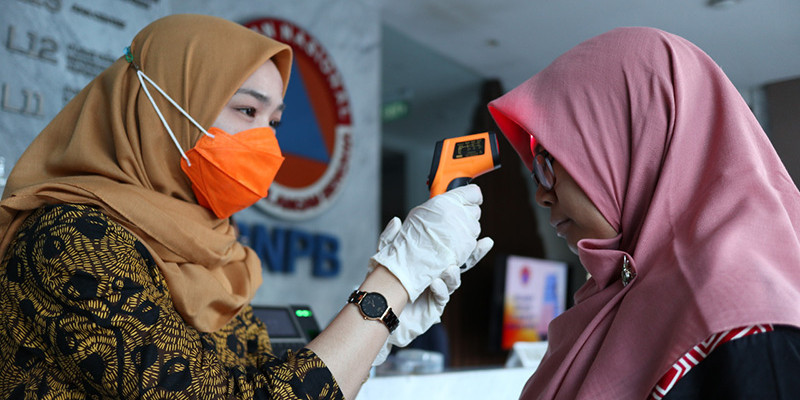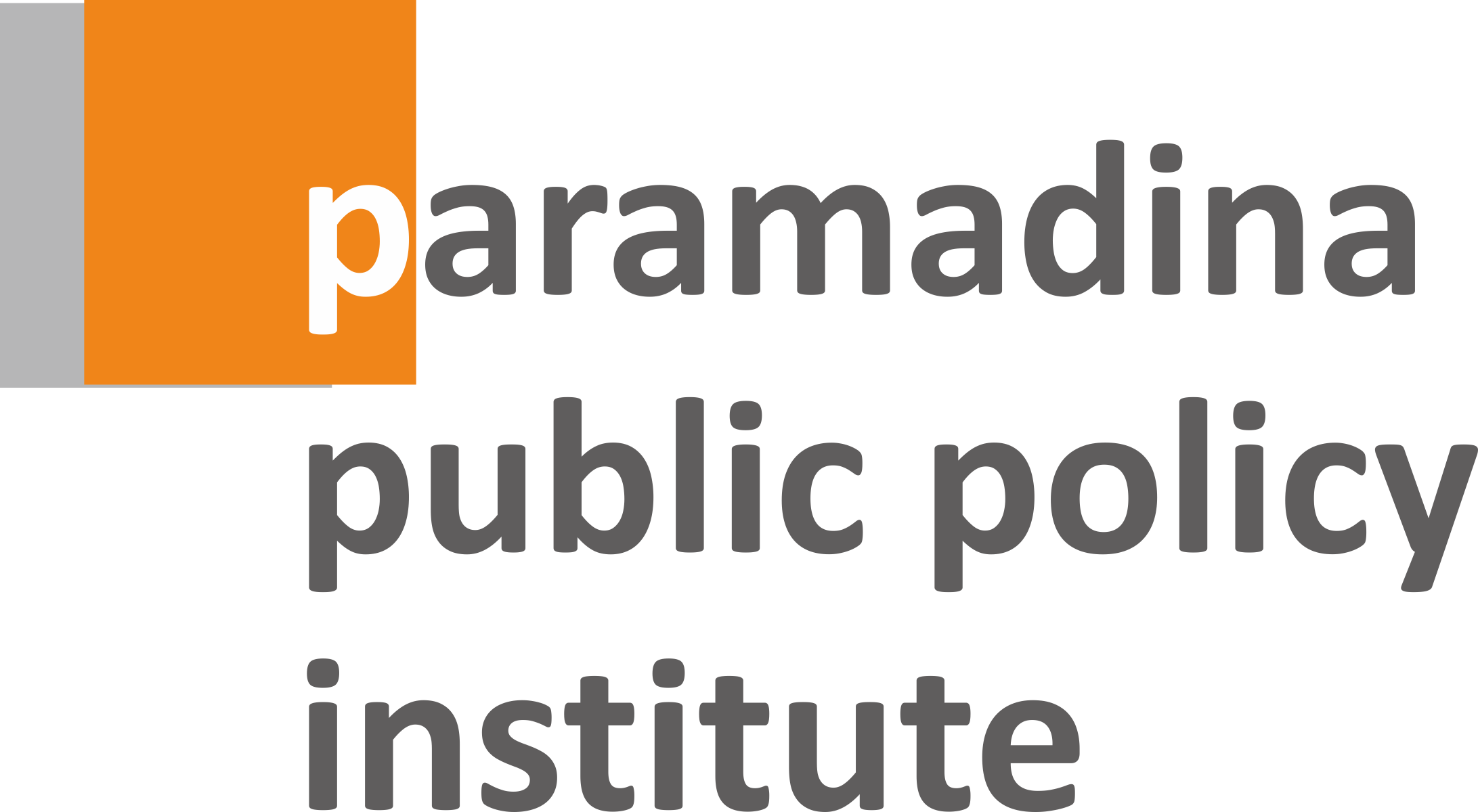
April 6, 2020
The Indonesian government has come under intense criticism for its perceived sluggish and often inept handling of the COVID-19 pandemic, with the country’s millennials among the most vocal of those to have voiced their frustrations at the country’s policymakers.
With social distancing measures amplifying their voices on the internet more than ever before, it’s evident that Indonesia’s millennials are deeply displeased by the country’s lack of planning and fortitude in containing the outbreak, especially compared to the likes of South Korea and Singapore.
The expeditious flow of information has made it apparent to millennials that Indonesia, with all its well-known bureaucratic hurdles, is not equipped to handle this century’s most serious pandemic.
Recently, for example, a millennial COVID-19 patient penned an open letter to President Joko Widodo, which went viral online. In it, he shared how the result of his and other patients’ COVID-19 test only arrived some seven days after the swab, leaving them in the dark and potentially dangerously infectious to the public during that time.
Indonesian leaders and policymakers must, of course, obey rules and budgets as part of the bureaucratic process. Unfortunately, they often use that to justify their lack of courage to make decisions.
For instance, while many regional governments have desired to expedite the handling of the pandemic based on their local contexts, the central government has been seemingly holding them back, establishing an unbreakable chain of command that has resulted in the country’s no-lockdown policy and its allowance of the annual mudik exodus despite fears of an even greater coronavirus spread.
Ordinary rules don’t apply
For millennials, it is undeniably hard to comprehend such bureaucratic handling of the pandemic, with the aforementioned young COVID-19 patient scratching his head as to why health officials could not send him his test results by email. Indeed, in this unprecedented situation, our leaders cannot depend on conventional bureaucratic processes of policymaking.
On this topic, Prime Minister Lee Hsien Loong said, “If you navigate by [ordinary] rules [in times of crisis], the chances are you will run into even more serious problems.” Relying on this principle, Singapore has gained global recognition of becoming a role model in dealing with crises, such as the 2008 financial crisis and the current coronavirus outbreak.
Back home, despite the public’s outrage and demands for a speedier response, the government has yet to come up with robust response policies. The recently introduced Perppu (government regulation in lieu of law) regarding Indonesia’s economic policy amid the pandemic is still subject to a lengthy — and undoubtedly bureaucratic — consultation with Parliament.
The draft for the Perppu also sparked a public debate regarding the clarity of its implementation and the source of funds. Meanwhile, other countries, like New Zealand and Singapore, have gone ahead and pushed their COVID-19 financial aid reliefs to prop up citizens’ livelihoods during the global economic slowdown.
It’s not all frustration here, though, as many of the country’s youths have taken it upon themselves to help, often hand-in-hand with the government. For example, as the country’s COVID-19 task force tracks down and attempts to suppress the country’s caseload, many have joined massive social movements, like setting up donations and volunteering, to help contain the pandemic.
Many young public figures are actively championing these movements. Crowdfunding website KitaBisa’s collaboration with several young influencers, for example, managed to raise significant donations in the form of financial aid and medical supplies, which have been donated to the Indonesian Red Cross.
Understanding political support for public policy
The young may lack forbearance and loyalty to long-term ideas. But they have proven themselves capable of making decisions more swiftly than their older counterparts in government.
Collaboration with the public, especially the youth, is crucial in making political decisions for more agile and responsive public policies. The coronavirus outbreak, to some extent, will serve to highlight the importance of increasing millennials’ participation in policymaking and in the regeneration of policymakers, primarily through political parties.
Indonesia’s political parties simply need to stop being a vehicle for power for the status quo. Instead, they must accept their crucial role in breeding leaders by encouraging millennials’ involvement in politics.
Millennials are not just a voting demographic that are there for political candidates to try to woo with cringe-inducing attempts at being pop culturally relevant.
Critical and global-minded, Indonesian millennials have been the driving force behind some of the country’s most successful and progressive social movements. However, these movements’ strength and impact will be limited without the support of politicians. The way COVID-19 is being handled in Indonesia shows the status quo’s grip on politics is still a massive hurdle.
The youth’s movement to fight the infamous bill that would weaken the Corruption Eradication Commission (KPK) last year, for example, was unfortunately dwarfed by a lack of political support from the country’s top leaders.
This pandemic has disrupted all aspects of life in many countries, including Indonesia. The government must ditch its relatively passive handling of the outbreak and avoid this becoming a much larger disaster than it already is.
The road ahead, which is likely paved with similar crises (health or otherwise), will not be easy. How Indonesia navigates COVID-19 from now on will hopefully serve as a guidance instead of a cautionary tale on how to handle future crises when millennials inevitably inherit the country. (*)
Rosyid has been a policy researcher at Paramadina Public Policy Institute since 2014, where his focus includes millennial representation in politics and the political economy of policy reform processes.
This opinion piece has first appeared on Coconuts Jakarta
